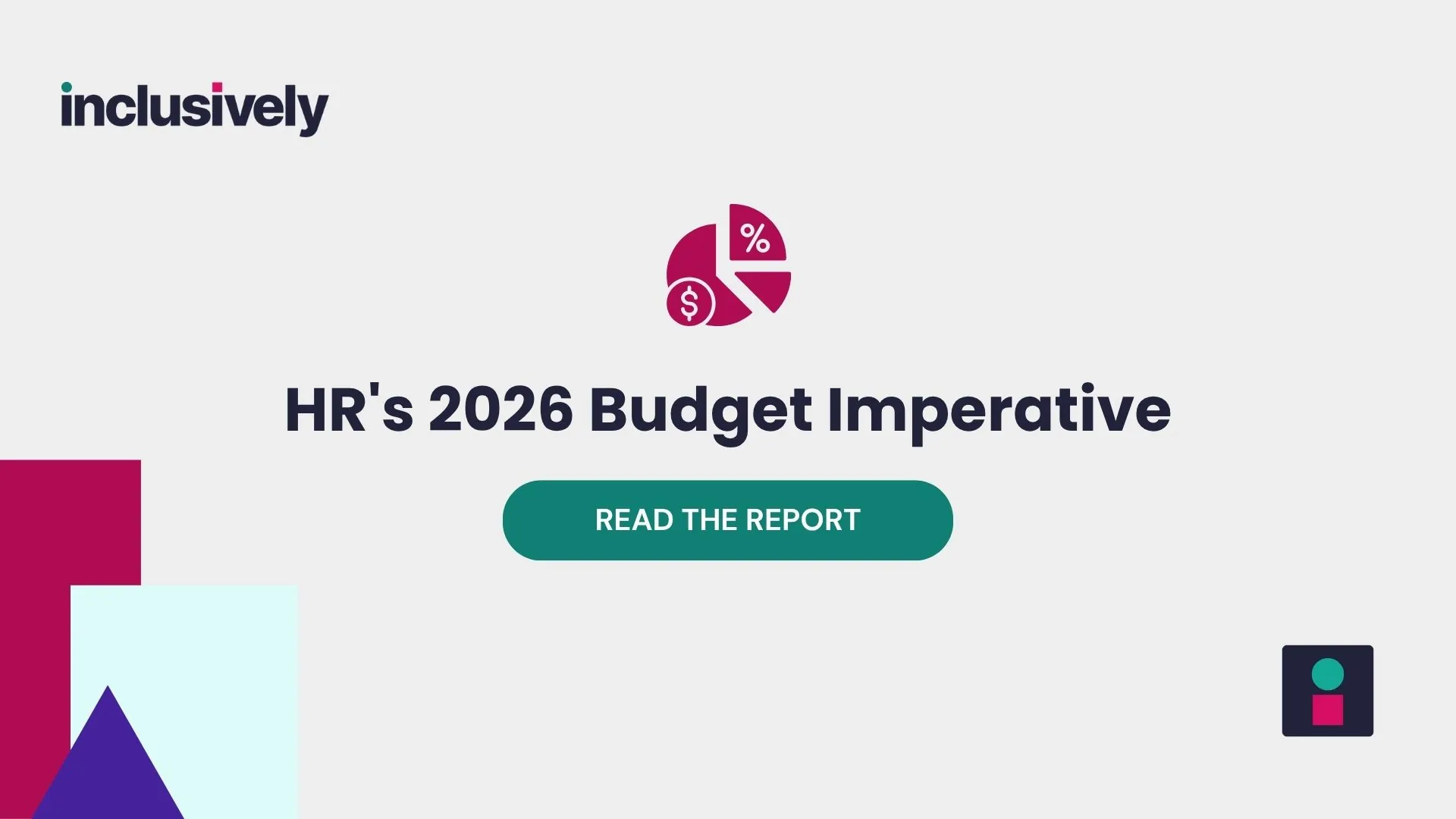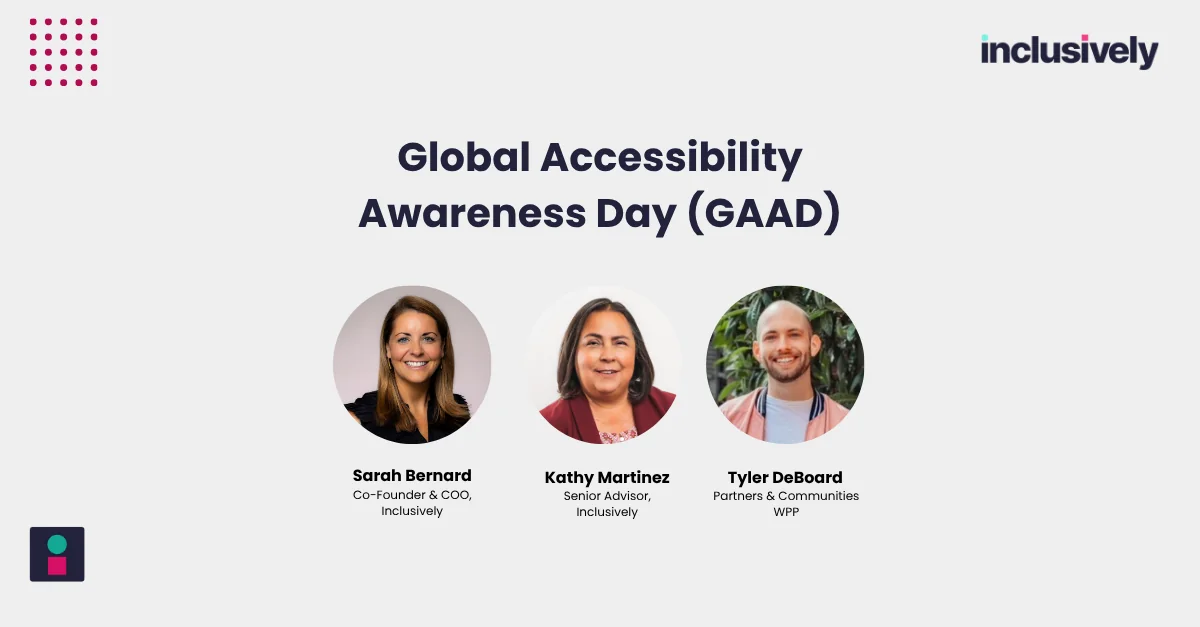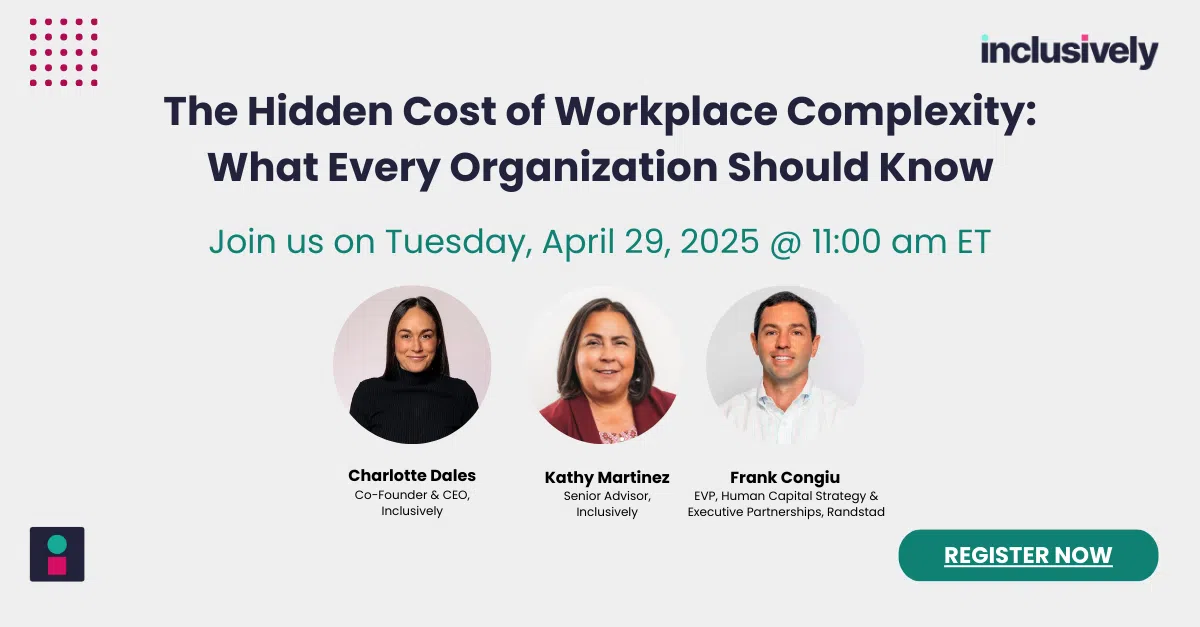Acumen, with the support of IKEA Social Entrepreneurship and partners, launched a report with new survey data demonstrating how social enterprises bring inclusion, sustainability, and social impact into corporate value chains.
Inclusively is thrilled to be featured as one of the world’s Top 100 Corporate-Ready Social Enterprises. This report, developed under the auspices of the World Economic Forum COVID Response Alliance For Social Entrepreneurs and in partnership with IKEA Social Entrepreneurship, reveals the large untapped opportunity for corporations and social enterprises to do business together.
Inclusively is 1 of 5 companies featured among the list of 100 companies.
Press Release:
CONTACT: Sam Schneider (sam.schneider@berlinrosen.com | 301-706-9261)
NEW YORK, October 4 – Today, Acumen, a nonprofit impact investment fund, in partnership with IKEA Social Entrepreneurship, announced the release of a new report — Corporate-Ready: How Corporations and Social Enterprises Do Business Together to Drive Impact. Based on data gathered through a first-of-its-kind survey of more than 150 social impact oriented businesses worldwide, the report provides recommendations for how companies can use their procurement spending — estimated at $13 trillion globally — to source from social enterprises and advance their environmental and social commitments.
“Acumen has supported social enterprises for two decades because of their ability to address the world’s biggest challenges, but this research has shown us how the success of social enterprises and of corporations are intertwined,” said Yasmina Zaidman, Chief Partnerships Officer at Acumen. “These corporate-ready social enterprises are helping corporations solve business challenges while driving major progress on their sustainability and inclusion goals.”
The COVID-19 pandemic has sparked heightened attention in the corporate world on the importance of supply chain diversity and channeling capital to underserved communities. The report, which includes a list of 100 examples of business partnerships between corporations and social enterprises, reveals how social enterprises meet corporate customer needs by offering product differentiation, cost savings, or increases in efficiency, while delivering more jobs and better livelihoods for marginalized and vulnerable groups. For example, Kuli Kuli’s partnerships with Whole Foods and Kellogg’s has enabled the corporations to reach new, socially-conscious customers while offering Kuli Kuli critical expertise and financing, helping them post a three-year growth of 820%. The report defines a social enterprise as a revenue-generating business with a social purpose at its core.
“IKEA Social Entrepreneurship chose to support this research to better understand and share how corporations and social enterprises are doing business together,” said Åsa Skogström Feldt, Managing Director, IKEA Social Entrepreneurship B.V. “There are still many hurdles the research identified, but also many examples of solutions and successes. It is our hope that the insights and inspirational cases will open opportunities for many and different types of partnerships, ultimately increasing support for the people who need it the most.”
This research was supported by SAP, Ernst & Young LLP, Autodesk Foundation, Solidaridad, Porticus, Argidius, and 60 Decibels, and developed under the auspices of the World Economic Forum COVID Response Alliance for Social Entrepreneurs — a network of more than 85 organizations supporting the social enterprise ecosystem. Here is a summary of the report’s key findings:
Corporate-Ready Social Enterprises Show Up Across Industries and in Every Corner of the Globe
-
-
- Social enterprises from 43 countries responded to the survey, and more than one-half of the respondents have been selling to corporations for over three years.
- More than two-thirds (72%) of the respondents have five or more corporate customers.
- More than 30% of the social enterprises surveyed had annual revenues over $1 million, with 50% or more of those revenues coming from corporate customers.
-
Social Enterprises have Significant Social Impact that is Aligned with the SDGs.
-
-
- Seventy-five percent of the social enterprises surveyed tie their impact metrics to the Sustainable Development Goals.
- Poverty, gender equity, and decent work are the major areas of focus.
- Social impact measurement provides concrete evidence of progress on key corporate social and environmental indicators. One-third of the surveyed social enterprises measure their impact every year, with more than half measuring impact more frequently. Thirty-six percent have third-party quantifiable evidence of impact (e.g. a research study).
-
Social Enterprises Still Face Challenges. They are Solvable.
-
- Seventy-seven percent of social enterprises have challenges related to their corporate partnerships, especially in agreeing on pricing and payment/delivery terms. Very few reported challenges related to product quality or compliance.
- Corporations are addressing barriers by paying in advance, supporting capacity building accelerators, and providing access to in-house expertise.
Moreover, a companion report, The Social Procurement Manual, published by Yunus Social Business, provides valuable guidance for corporations that want to understand structural barriers within their institutions and embrace this opportunity.



